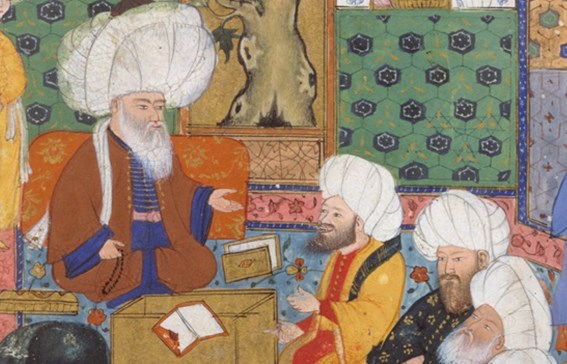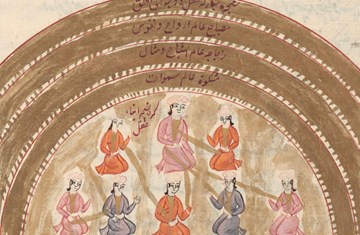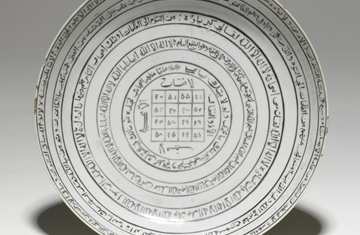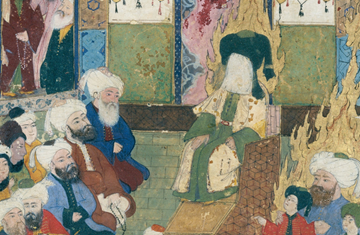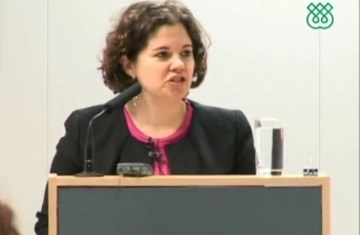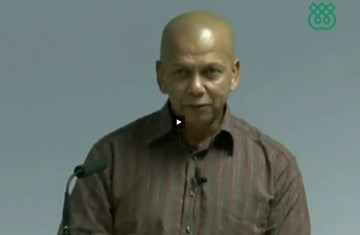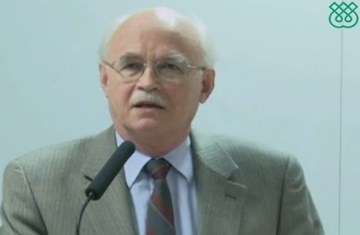Pilgrimages of the Heart: Remote Ziyara and the Articulation of Interiority in Twelver Shi'i Devotion
The practice of remote ziyāra, whereby a devotee visits an imām’s tomb not through physical pilgrimage but by reciting a pilgrimage litany, appears in the earliest Twelver literature on ziyāra.
Conversely, the ritual consequences of this practice, whereby visiting the imām can be performed as regularly as any other pious recitation, affixed to daily prayer alongside dhikr, tasbīḥ and duʿāʾ, are only gradually realised over many centuries. This lecture will offer a historical outline of this development, and in so doing will explore the profound changes it signals in Twelver devotional life. The entrenchment of remote ziyāra anchored fealty to the imām in personal devotion rather than societal action, and this required new kinds of spiritual guidance from the fuqahāʾ who regulated such matters. As well as delineating remote ziyāra as a ritual form, scholars increasingly sought to direct the emotional and imaginative states by which these encounters with the imām should be accompanied.


